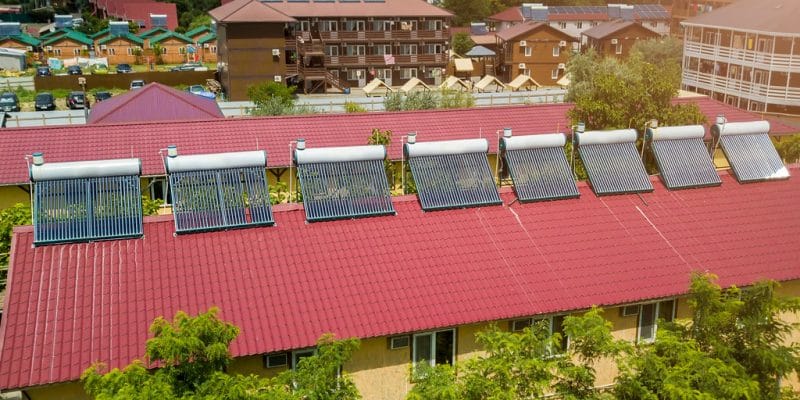Acorn Holdings, a Nairobi-based real estate developer, has recently obtained 4.3 billion shillings ($41.45 million) through a green bond. The funds will be used to build eco-friendly housing for students.
This is a first in Kenya. A green bond has just been successfully issued. It is a loan issued on the market by a company from investors to enable it to finance its projects contributing to the ecological transition. This project may concern the exploitation of renewable energy sources, sustainable waste and water management, sustainable land use, clean transport, adaptation to climate change, etc.
Kenya’s first green bond was issued by Acorn Holdings, a Nairobi-based real estate developer. The transaction was managed by Stanbic Bank, a financial institution headquartered in Johannesburg, South Africa. He received 4.3 billion shillings ($41.45 million). The initial objective was to raise between 2 billion and 5 billion shillings.
Green housing for students
“The underwriting portfolio was well diversified, with significant interest from Kenyan national pension funds, commercial banks, insurance and reinsurance companies and non-resident funds,” says Stanbic Bank.
He added that the green bond “has been structured as a “limited public offer”, targeting sophisticated investors who have received a 50% guarantee from the credit guarantee provider Guarantco on their investments and interest”. The funds raised by Acorn Holdings will be used to build environmentally friendly housing for Kenyan students.
The Kenyan government is encouraging this initiative with the launch of the Green Bond Programme. The aim is to promote innovation in the financial sector by developing a local market for green bonds. The programme is supported by several financial partners. These are the Kenya Bankers Association (KBA), Nairobi Securities Exchange (NSE), Climate Bonds Initiative, and Financial Sector Deepening (FSD) Africa.
The Kreditanstalt für Wiederaufbau (KfW), the German development agency and the Dutch Development Finance Corporation (FMO) also support the Green Bond Programme. The project also receives assistance and advice from the International Finance Corporation (IFC) of the World Bank, as well as the World Wildlife Fund (WWF), a non-governmental organisation known worldwide for its work on climate and the environment in general.
Jean Marie Takouleu







